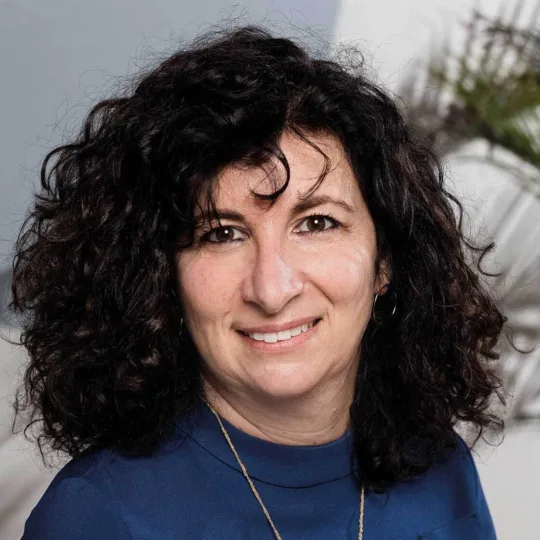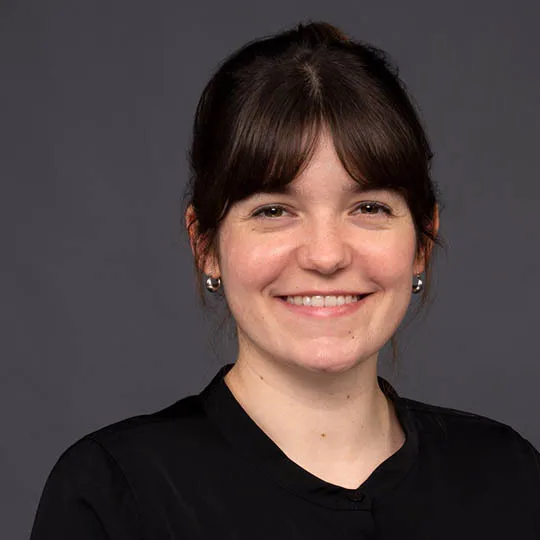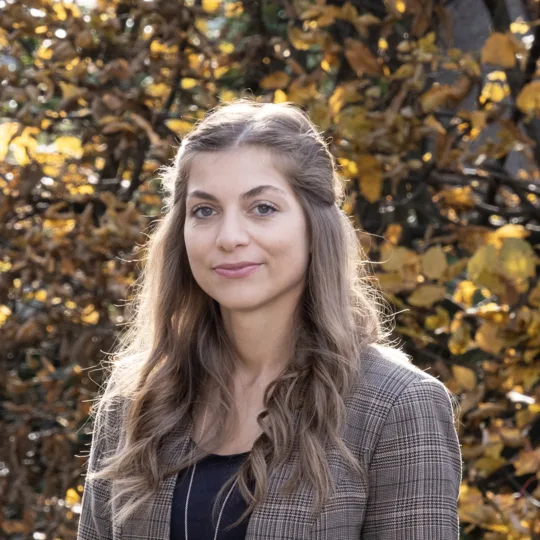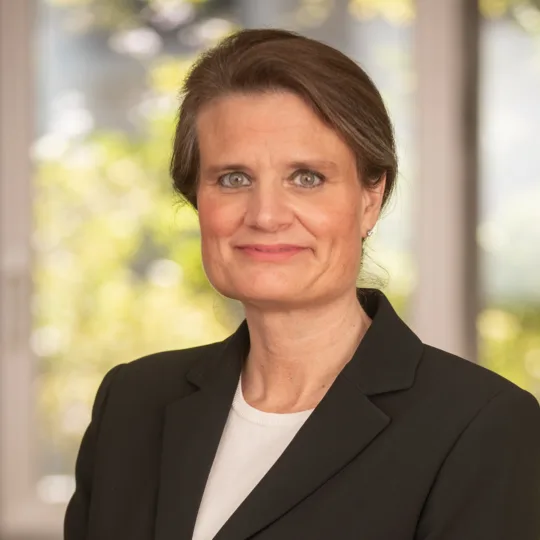«The biggest mistake would be to ban artificial intelligence tools»
Luciana Vaccaro has been the president of swissuniversities, the Swiss Conference of Rectors of Higher Education Institutions, since February 2023. In this interview, she talks about current challenges for Switzerland as a seat of higher education, including Switzerland’s non-association to Horizon Europe, ChatGPT and equal opportunities.
What projects are currently underway?
We’re currently working on a number of important academic policy issues, such as Switzerland’s non-association to EU research programmes and consultation on the Federal Council Dispatch on the Promotion of Education, Research and Innovation for 2025-2028. In addition, we’re in the middle of Open Access negotiations with a publishing house, plus we’re looking at topical issues such as the role of scientists in policymaking, the shortage of teachers, and the titles to be used for vocational and professional qualifications.
Where do you see the greatest challenges for the Swiss higher education sector?
Our federal finances are under pressure. In order to be able to guarantee the quality of teaching and research, we’re committed to ensuring that federal contributions take account of the growing demands of education policy and society and the increasing number of students. There is a real risk that teaching and research will suffer.
At international level, relations with the EU remain the key area of concern. Since negotiations on the EU framework agreement were suspended two years ago, higher education institutions have been reporting a negative balance sheet: the Swiss ERI sector is losing millions in subsidies. Even more detrimental in the long term is the fact that we’re struggling to maintain networks with our European partners. For swissuniversities, a political solution must be found quickly if we want to safeguard Switzerland’s leading international position in the higher education sector.
The use of artificial intelligence is currently the focus of much discussion, particularly with regard to teaching and research at higher education institutions. How is swissuniversities approaching this challenge?
Higher education institutions face a major challenge, particularly in terms of teaching and methods of assessment. The biggest mistake would be to ban or ignore artificial intelligence tools such as ChatGPT. We need to understand them and exploit them where it makes sense. Higher education institutions can make a crucial contribution to the changes being brought about by digital technology, specifically in the fields of forecasting, analysis and control.
swissuniversities coordinates programmes on Open Research Data and digital skills, for example the ‘Digital literacy in university contexts’ project. The aim of this project is to enable higher education institutions to effectively integrate artificial technologies into teaching.

Luciana Vaccaro obtained a master's degree in physics from the University of Naples Federico II and a PhD in microtechnology from EPFL in Lausanne. Her research focuses on optics and electromagnetism. She has been Rector of the HES-SO University of Applied Sciences and Arts Western Switzerland since 2013. In February 2023, she succeeded Yves Flückiger as President of swissuniversities, the umbrella organisation of Swiss higher education institutions. Photo: Guillaume Perret
Switzerland is not currently involved in the European framework programme for research and innovation (Horizon Europe) or Erasmus+. What feedback are you receiving on this in your discussions with your European colleagues?
Our European colleagues support our call for Switzerland’s full association. They regret that we’re excluded from these prestigious research programmes and from the creation of a European Digital Education Hub. Although the support is there, collaboration with our European partners is taking place in a complicated institutional and political framework. We’re maintaining our ties as much as we can, largely through the European University Alliances.
«Personally, I strongly support efforts to take a broader view of diversity, and not just from a gender perspective.»
How do you see equal opportunities and diversity developing in Swiss higher education institutions?
In recent years, we’ve observed that all higher education institutions have made efforts to promote equal opportunities, diversity and inclusion. This is also a strategic objective in the Swiss Higher Education Policy Coordination for 2025-2028 paper.
Personally, I strongly support efforts to take a broader view of diversity, and not just from a gender perspective. We need to think harder to ensure that disability, including learning disabilities, or chronic illness do not prevent people from obtaining a higher education qualification. We should put in place support procedures wherever possible.
And what about support for the next generation?
The next generation must be inclusive and egalitarian. To this end, we must strive to support the academic careers of women by removing the bottlenecks that complicate their careers. University graduates must continue to be able to meet the needs of the economy, science and society.
«The next generation must be inclusive and egalitarian.»
What do you hope to achieve during your term as President?
I’ve already mentioned some of my objectives, such as continuing efforts to enable Switzerland to participate in European research and education programmes. Another area of action I want to focus on is obtaining sufficient financial resources for all types of higher education institutions, so that they can fulfil their research and teaching remits. Finally, I’m also keen to facilitate the availability of scientific knowledge to meet the challenges of our time.
Contact
Author



